Aim
The aim of the conference is to establish a venue for presenting and discussing scientific findings and industrial experiences related to the subject of Smart Energy Systems based on renewable energy, 4th Generation District Heating Technologies and Systems (4GDH), electrification of heating and transportation sectors, electro fuels and energy efficiency.
The conference has grown to become a main venue for presentations and fruitful debates on subjects that are pertinent to the development and implementation of smart energy systems to fulfill national and international objectives.
Conference topics
- Smart energy system analyses, tools and methodologies
- Smart energy infrastructure and storage options
- Integrated energy systems and smart grids
- Institutional and organisational change for smart energy systems and radical technological change
- Energy savings, in the electricity sector, in buildings and transport as well as within industry
- 4th generation district heating concepts, future district heating production and systems
- Electrification of transport, heating and industry
- CCUS and PtX technologies and the production and use of electrofuels in future energy systems
- Planning and organisational challenges for smart energy systems and district heating
- Geographical information systems (GIS) for energy systems, heat planning and district heating
- Components and systems for district heating, energy efficiency, electrification and electrofuels
- Renewable energy sources and waste heat sources for district heating
The Smart Energy System Concept
The Smart Energy System concept is essential for cost‐effective 100% renewable energy systems. The concept includes a focus on energy efficiency, end use savings and sector integration to establish energy system flexibility, harvest synergies by using all infrastructures and lower energy storage cost.
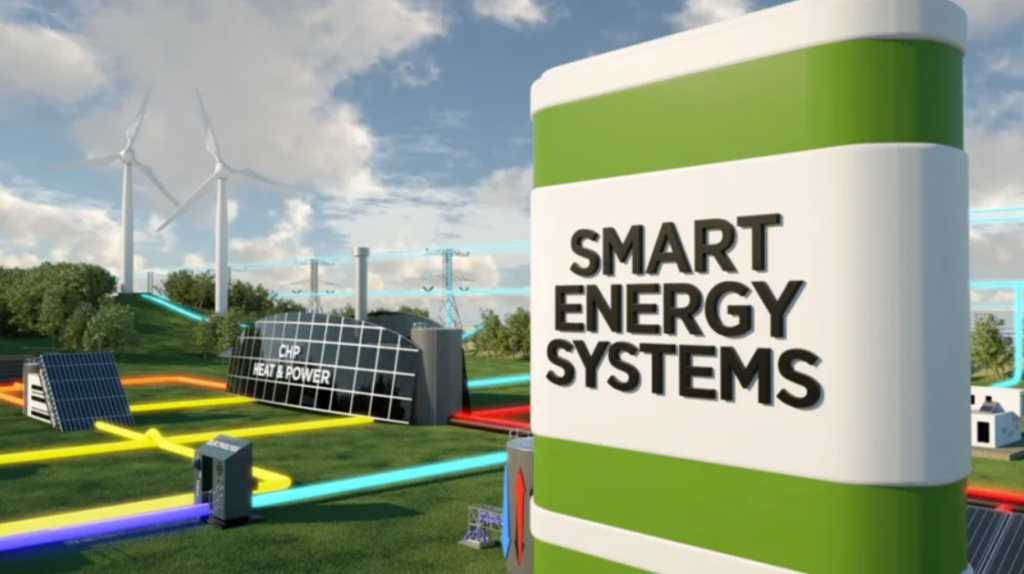
As opposed to, for instance, the smart grid concept, which takes a sole focus on the electricity sector, the smart energy systems approach includes the entire energy system in its identification of suitable energy infrastructure designs and operation strategies. Focusing solely on the smart electricity grid often leads to the definition of transmission lines, flexible electricity demands, and electricity storage as the primary means of dealing with the integration of fluctuating renewable sources. However, these measures are neither very effective nor cost‐efficient considering the nature of wind power and similar sources. The most effective and least‐costly solutions are to be found when the electricity sector is combined with the heating and cooling sectors and/ or the transport sector. Moreover, the combination of electricity and gas infrastructures may play an important role in the design of future renewable energy systems, and the electrification of heating and transport – possibly through electrofuels – can play a pivotal role in providing flexibility and ensuring renewable energy integration in all sectors.
In future energy systems, energy savings and 4th generation district heating can be combined, creating significant benefits. Low‐temperature district heat sources, renewable energy heat sources combined with heat savings represent a promising pathway as opposed to individual heating solutions and passive or energy+ buildings in urban areas. Electrification in combination with district heat is a very important driver to eliminate fossil fuels. Heat pumps, PtX and utilisation of waste heat together with with energy efficiency and 4th generation district heating create a flexible smart energy system. These changes towards integrated smart energy systems and 4th generation district heating also require institutional and organisational changes that address the implementation of new technologies and enable new markets to provide feasible solutions to society.
Find more information about Smart Energy Systems here.
4th Generation District Heating
4th Generation District Heating (4GDH) systems and technologies will play a big part in future cost-effective sustainable energy systems and are likely to replace the import of fossil fuels and create jobs and economic growth in Denmark and in Europe.
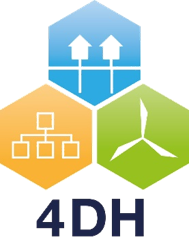
The 4DH Research Centre has been a collaboration between industry, universities and the public sector to investigate the potential for and develop 4GDH. It has created focus on and knowledge about the future 4GDH potential within the district heating industry. Along with Aalborg University and with the support of several sponsors, 4DH Research Centre was the main organiser of the first four editions of the International Conference on Smart Energy Systems and 4th Generation District Heating.
Find more about the activities and research results of 4DH Research Centre here.
Conference Chairs
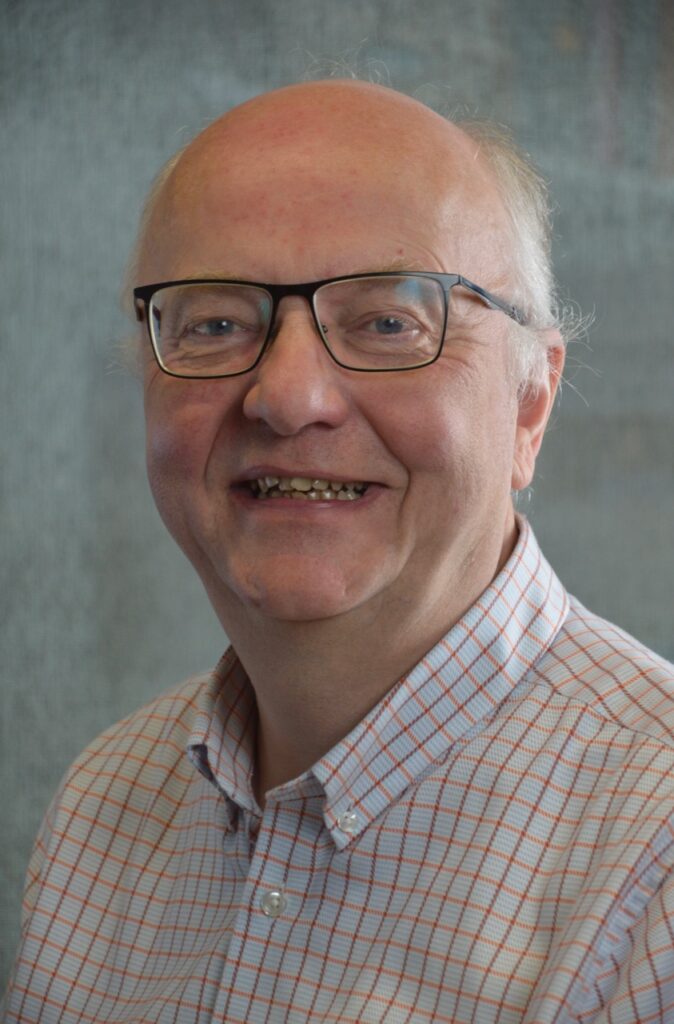

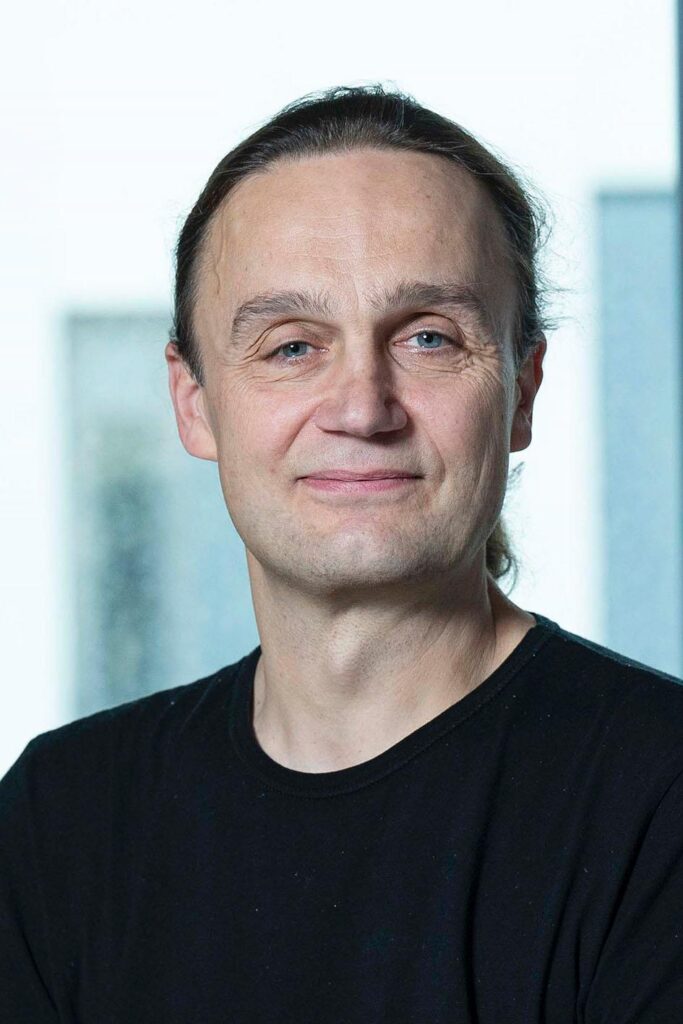

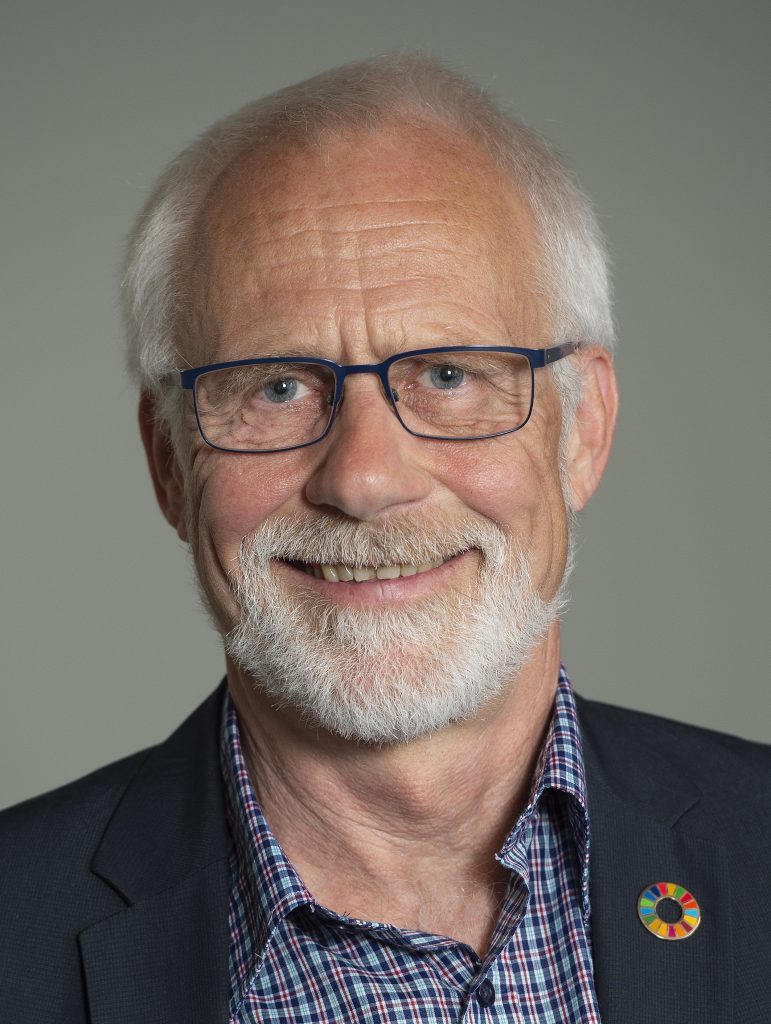
Prof. Henrik Lund
lund@plan.aau.dk
Department of Sustainability and Planning
Aalborg University
Prof. Brian Vad Mathiesen
bvm@plan.aau.dk
Department of Sustainability
and Planning
Aalborg University
Prof. Poul Alberg Østergaard
poul@plan.aau.dk
Department of Sustainability and Planning
Aalborg University
Ass. Prof. Jakob Zinck Thellufsen
jakobzt@plan.aau.dk
Department of Sustainability and Planning
Aalborg University
Hans Jørgen Brodersen
Senior Project Manager
hjb@energycluster.dk
Energy Cluster Denmark
